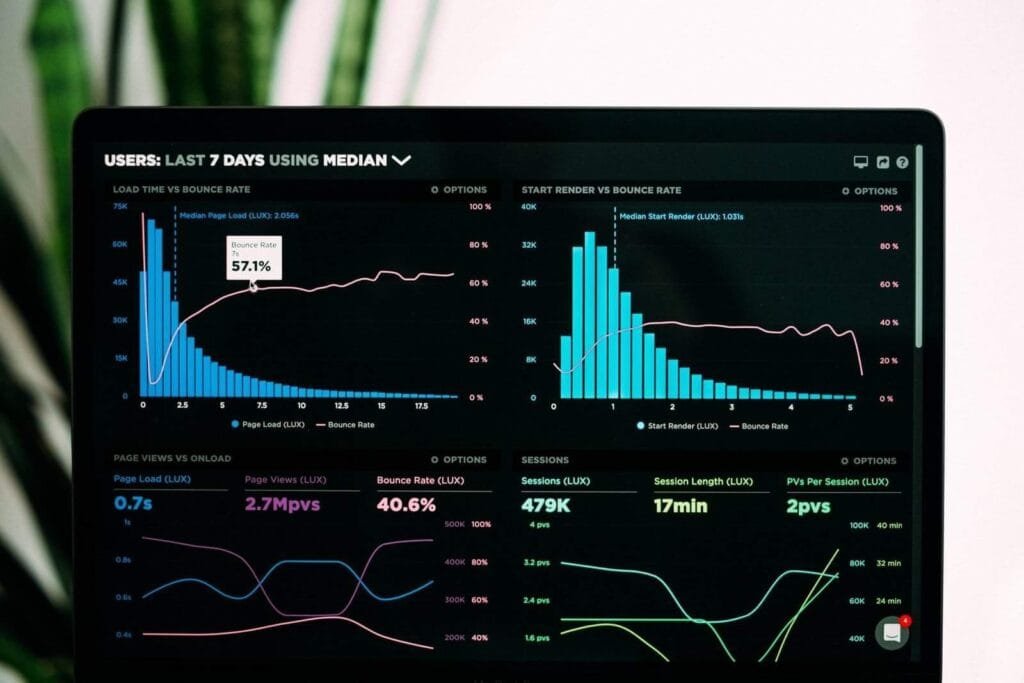In the digital realm, where users demand instant access to information, the speed of your WordPress site can make or break its success. Slow-loading websites not only frustrate visitors but also risk losing potential customers and impacting search engine rankings. To ensure your WordPress site not only meets but exceeds user expectations, let’s delve into nine comprehensive strategies for accelerating its performance.
If you have a WordPress site and want to ensure it performs at its best, here are 9 proven strategies to accelerate its speed and deliver a seamless user experience:
1. Optimize Your Images: The Art of Compression and Resizing
The visual appeal of your website is crucial, but large image files can significantly hinder load times. Prioritize image optimization by compressing and resizing images without compromising quality. Tools like TinyPNG or ImageOptim can help strike the right balance between aesthetics and speed.
2. Utilize Caching: Enhancing User Experience Through Speedy Delivery
Caching is a powerful technique to store static versions of your pages, reducing the load on your server and improving response times. WordPress caching plugins like W3 Total Cache or WP Super Cache offer configurable options for dynamic and static caching, tailoring the caching strategy to your specific needs.
3. Minify and Combine CSS and JavaScript Files: Streamlining Code for Efficiency
Trim the fat from your code by minifying CSS and JavaScript files. Removing unnecessary characters, white spaces, and combining multiple files into one can significantly reduce the number of HTTP requests, thereby accelerating page load times.
4. Optimize Your Database: Decluttering for Improved Performance
A well-maintained database is crucial for optimal WordPress performance. Regularly clean and optimize your database using plugins like WP-Optimize or WP-Sweep, which efficiently remove unnecessary data, post revisions, and spam, ensuring a streamlined and responsive site.
5. Enable GZIP Compression: Reducing File Sizes for Faster Loading
GZIP compression is an effective method for reducing the size of your website’s files before they are sent to the browser. This compression technique minimizes data transfer, resulting in quicker load times. Most modern hosting providers support GZIP compression, which can be easily enabled through your server or a dedicated plugin.
6. Use a Content Delivery Network (CDN): Global Acceleration for Seamless Access
Extend the reach of your website by using a Content Delivery Network (CDN). Services like Cloudflare and StackPath distribute static content across servers worldwide, ensuring users experience faster loading times by accessing content from servers geographically closer to them.
7. Choose a Fast and Reliable Hosting Provider: The Foundation of Speed
The choice of hosting provider is fundamental to your site’s speed. Opt for a reputable hosting company that offers fast servers, ample resources, and responsive customer support. Consider managed WordPress hosting services that come equipped with built-in performance optimizations.
8. Limit the Use of Plugins: Quality Over Quantity for Optimal Functionality
Plugins add functionality, but an excess of them can weigh down your site. Conduct regular audits of your plugins, deactivating or uninstalling any that are unnecessary. Prioritize lightweight alternatives and focus on quality rather than quantity to maintain peak performance.
9. Optimize Your Theme: Lightweight Foundations for Speed
The theme you choose sets the foundation for your site’s performance. Avoid bloated themes with excessive features that you don’t need. Opt for a well-coded, lightweight theme and customize it to meet your specific design and functionality requirements.
Conclusion:
By implementing these 9 proven strategies, you can accelerate your WordPress site to peak performance. Remember, speed is a critical factor in user experience and search engine rankings, so investing time and effort into optimizing your site’s speed is well worth it.
If you’re unsure how to implement these strategies or need assistance, consider reaching out to a professional WordPress developer who can help you optimize your site for maximum performance.





